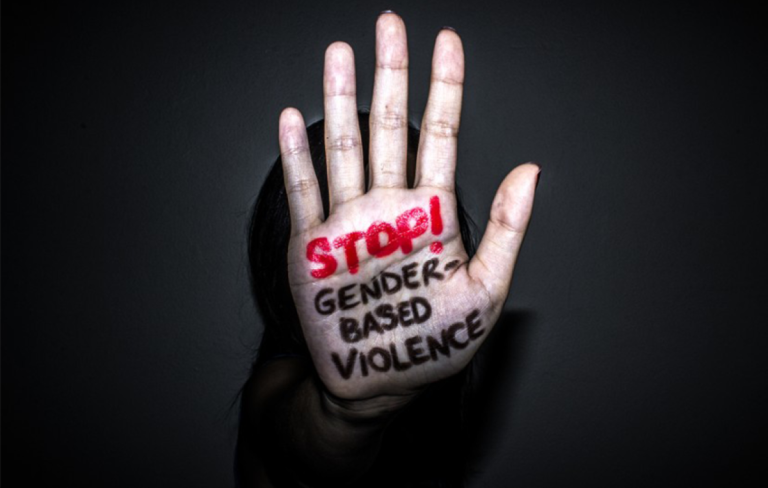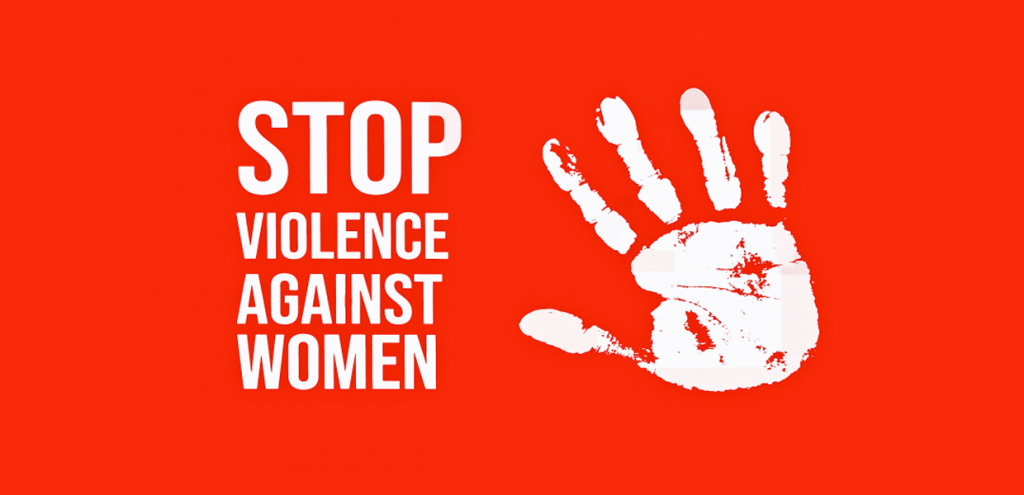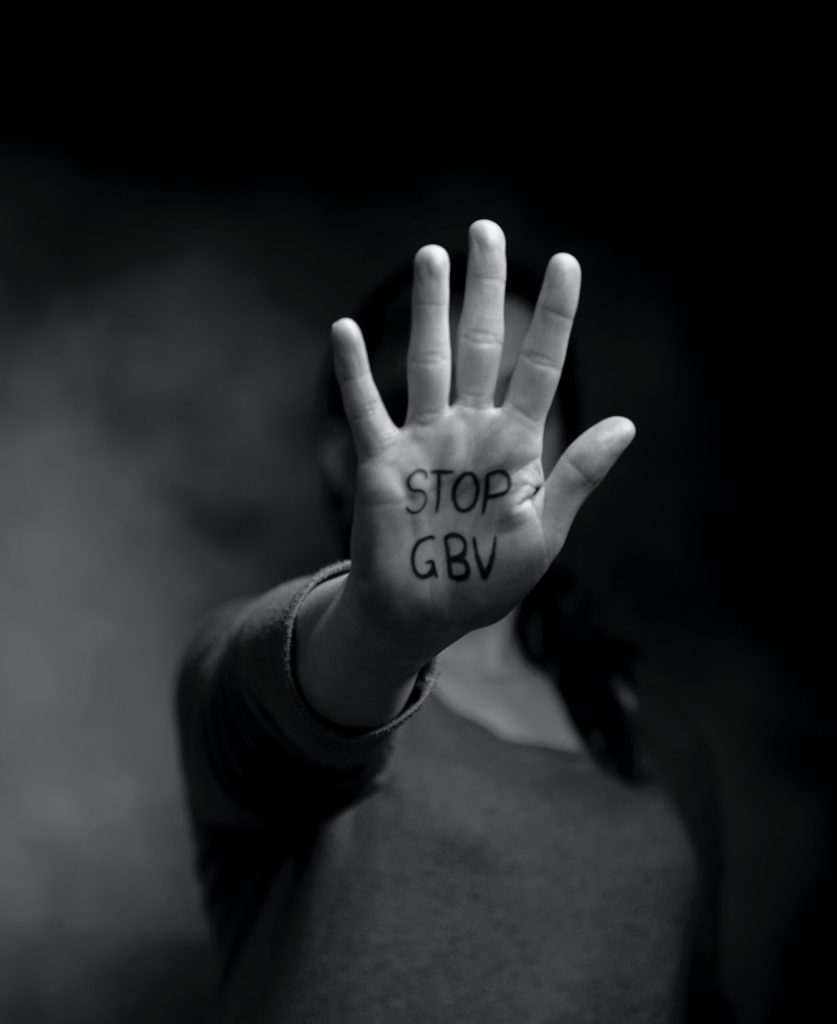
Gender-based violence (GBV) is a widespread and deeply concerning issue in South Africa, with far-reaching effects on individuals, families, and communities. While women and children are often highlighted as the primary victims, it is essential to acknowledge that men also experience abuse, often in silence due to societal stigma. A comprehensive approach to addressing GBV must consider its multifaceted nature, promote awareness, and support all those affected.
South Africa ranks among the countries with the highest rates of GBV, driven by historical inequalities, entrenched social norms, and systemic shortcomings. GBV encompasses various forms of abuse, including physical, emotional, sexual, and financial harm rooted in power imbalances or gender dynamics.
Although women and children remain the most vulnerable, increasing evidence shows that men are also victims of GBV. This abuse may take several forms:
- Physical violence is often inflicted by female partners or others.
- Psychological abuse, such as humiliation, manipulation, or controlling behaviour.
- Sexual violence is underreported due to shame or societal expectations.
- Economic abuse, where male victims face financial manipulation or exploitation.
Men who experience GBV often go unnoticed because of traditional perceptions that associate masculinity with strength and emotional resilience. As a result, many male victims are discouraged from seeking help, fearing ridicule or disbelief. They are frequently told to “toughen up” rather than offered support. Additionally, the lack of dedicated resources and shelters, which primarily cater to women and children, leaves men with limited avenues for assistance.

Raising awareness is a critical step in addressing GBV and ensuring equitable support for all victims, regardless of gender. Community-based initiatives can play a significant role by fostering understanding, empathy, and proactive responses to the issue. Effective strategies include:
- Educational campaigns that emphasize the inclusive nature of GBV and provide tools to recognize and address abuse.
- Encouraging male victims to speak out and access the help they need without fear of judgment.
- Promoting healthy relationships, grounded in equality, mutual respect, and non-violent communication.
- Expanding support systems, including shelters and counselling, to cater to all victims.
- Involving men and boys in the fight against GBV as allies and advocates for positive masculinity.
The National Strategic Plan on GBV and Femicide developed by the South African government provides a framework to tackle GBV. However, meaningful progress depends on collaboration with civil society, religious organizations, and community leaders. Ensuring equitable allocation of resources is essential to addressing the needs of victims across all genders.

To effectively combat GBV, South African communities must adopt an inclusive approach in their awareness campaigns. Recognizing that men and women alike can be victims of abuse ensures that no one is left to suffer in silence. Breaking down stereotypes, fostering mutual respect, and supporting all victims will allow South Africa to take a unified stance against GBV.
If you or someone you know is experiencing abuse, contact the GBV Command Centre at 0800 428 428 or dial 1207867#.